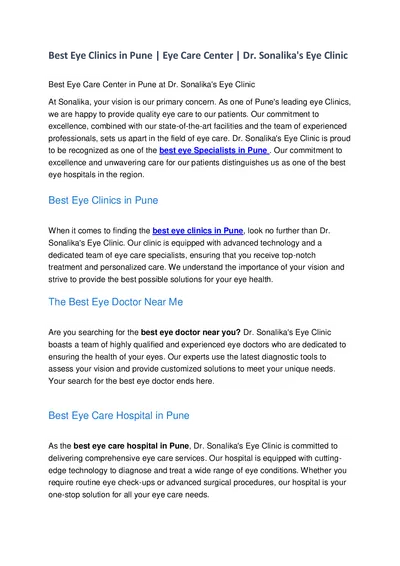PPT-Menstruation and Self Care
Author : amelia | Published Date : 2024-02-02
Created by School Health Team Created March 2023 Last Reviewed October 2023 Giggling is okay Be respectful Everyone is learning ask questions Discuss puberty topics
Presentation Embed Code
Download Presentation
Download Presentation The PPT/PDF document "Menstruation and Self Care" is the property of its rightful owner. Permission is granted to download and print the materials on this website for personal, non-commercial use only, and to display it on your personal computer provided you do not modify the materials and that you retain all copyright notices contained in the materials. By downloading content from our website, you accept the terms of this agreement.
Menstruation and Self Care: Transcript
Download Rules Of Document
"Menstruation and Self Care"The content belongs to its owner. You may download and print it for personal use, without modification, and keep all copyright notices. By downloading, you agree to these terms.
Related Documents








![[EBOOK] - Unlocking Your Authentic Self: Overcoming Impostor Syndrome, Enhancing Self-confidence,](https://thumbs.docslides.com/906696/ebook-unlocking-your-authentic-self-overcoming-impostor-syndrome-enhancing-self-confidence-and-banishing-self-doubt.jpg)





